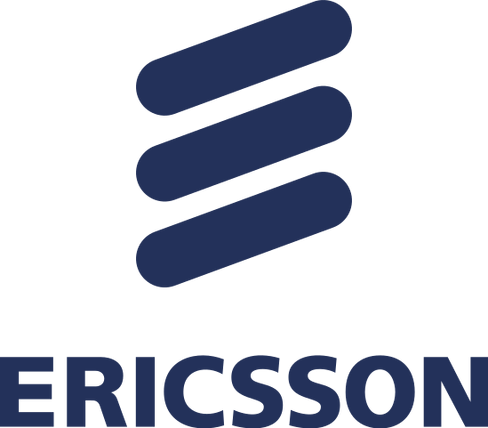Paul Valckenaers
Researcher using Erlang to develop a smarter society designed to cope with and predict the unexpected.
KU Leuven / KHLim

Paul Valckenaers has a master in engineering, specialization computers science, and a PhD in engineering from the KU Leuven. He has over 25 years of research experience, including participation in eleven EU projects, of which he has coordinated two. Currently, he is using Erlang within the FP7 project MODUM on intelligent multi-modal commuter traffic and in the development of the IFAC TC5.1 benchmarking platform for manufacturing execution systems.

Paul Valckenaers is Giving the Following Talks
The OS4RW: an Operating System for the Real World
Erlang enables and powers a connected society. This talks brings this connection one step further into the real world. It presents an approach to translate the concept of an operating system to the physical world.
A computer OS manages ICT resources (e.g. CPU cores) used by computing activities. The OS4RW manages real world activities (e.g. painting a car body, executing a helicopter rescue) that use real-world resources (e.g. robotic painting line, rescue helicopter and its crew). An ideal OS minimally interferes with the applications and refrains from imposing constraints beyond what already exists. It has to be designed for the unexpected.
This talk outlines the key differences between a computer OS and an OS4RW, which identifies challenges. Ergo, the talk also draws a picture on how to address these the challenges.
Talk objectives: To outline a design for a connected society that reaches far into the physical world without adding unwelcome restrictions on real-world activities. To show that the infrastructure for an intelligent society can reach outside the computer network, pro-actively managing how activities use resources.
Target audience: 1) Erlang developers/users looking for a 'killer' application domain to make a real impact in society (and not just through computer screens and mobile displays).
2) Researchers, developers, policy-makers addressing smart factories, smart grids, intelligent transport and traffic, etc. willing to learn how Erlang is part of the solution.


